I love Grayson Perry. You might almost call him the anti-Russell Brand: a genuinely talented artist who also has some very interesting stuff to say — as he’s demonstrating yet again in his highly entertaining new series Who Are You? (C4, Wednesdays).
It ought to be ghastly and it ought to be pretentious: a trendy ceramicist known at least as much for his transvestism as for his wackily decorated, hugely fashionable pots meets up with people from diverse backgrounds so that he can explore the theme of identity and then exhibit creations inspired by them at the National Portrait Gallery.
When I tell you that one of those people is a reality TV star called Rylan (winner of last year’s Celebrity Big Brother; he came fifth on The X Factor in 2012, in case you wondered how he got to qualify as a celebrity), your heart will probably sink still further. But I urge you: catch up with last week’s episode on More4, if you haven’t seen it already. The scenes involving another of Perry’s subjects, Chris Huhne, are among the funniest and weirdest you’ll see on TV all year.
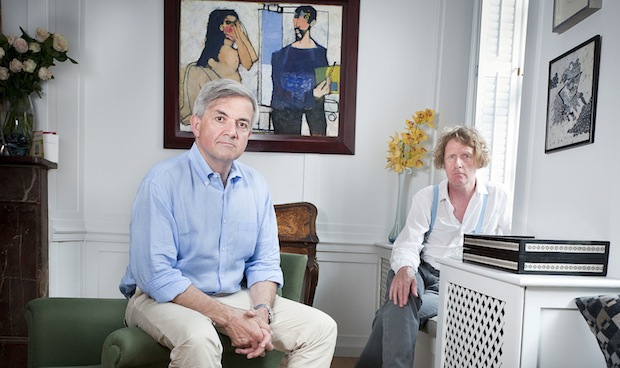
Perry first meets Huhne at home on the eve of the perjury trial verdict which will decide whether or not he’s going to prison. Odd, you might think, to spend your condemned man’s final dinner (lentils, pan-fried fresh tuna) not à deux with your beloved (in this case Carina Trimingham), but à trois with a pushy, nosey, cheeky-chappy artist (plus TV crew) who wants to peer into the deepest recesses of your soul.
But that’s because Huhne is odd. Seriously odd. There’s something remote and otherworldly about him, like he’s been sent to earth from another planet with an incomplete rulebook on how it is that normal human beings ought to behave and, perhaps more significantly in Huhne’s case, feel. So while Carina is — rightly as it turns out — trepidatious and agitated about the next day’s verdict, Huhne is plainly oblivious. And Perry, percipient fellow that he is — with a true artist’s ruthlessness to boot — sees a problem here. How do you capture the true identity of a man who is, au fond, just an empty vessel?
His witty answer is to create one of his exquisite pots (biographically themed on Huhne’s life), smash it with a hammer, then have it put together by a professional restorer. When Huhne, now released from his stint in prison — which appears to have left him totally unfazed — comes to view the piece for the first time, Perry is a little nervous. Not least because one of the motifs he has used to represent him is a repeat pattern frieze of a penis. (Possibly to symbolise Huhne’s sex scandal; possibly because he thinks that that’s what Huhne basically is.)
Once again, however, Huhne is serenely detached from the whole experience. ‘Ah, a phallic symbol,’ he notes thoughtfully but slightly unconvincingly, as though impersonating someone he has seen once somewhere being an appreciative art critic but whose emotional response he can’t quite emulate. The strange effect was to make you rather like him. Or at least feel sorry for him. An impressive achievement by Perry.
I liked what Perry had to say, too, about Rylan, with regards to the nature of celebrity. His theory went like this: the urge we have to seek fame — obsessively so in Rylan’s case — is a throwback to our period as hunter-gatherers where we lived in communities small enough for everyone to know everyone else. (‘There’s Ug. He is a mighty hunter’ and so on.) In other words, back in the good old days, absolutely everyone was famous — and for much longer than 15 minutes. And we’ve never really got over this loss.
Perry’s mischievous streak (together with, again, that merciless artistic temperament which enables him to push things further than most of us would dare go) also brought alive his encounter with Kayleigh, a white single mother of five — and self-confessed former complete slag — who had given up drink and casual sex for the higher calling of fundamentalist Islam.
It became fairly clear that Islam’s principal appeal to Kayleigh was as a means of temperance-enforcement and child-control. Every time a disciplinary problem arose, she would simply explain to her various kids that Allah saw everything and that they’d better behave or else. Kayleigh, of course, had persuaded herself that her religious calling went deeper than that. And in your average Channel 4 documentary on Islamic converts she would probably have got away with it.
This programme, though, delivered the masterstroke of calling in Kayleigh’s brother to tell us what he thought of his sister’s conversion. Unimpressed wasn’t the half of it. But the best thing was that though he looked like just another, young inner-city lout, he interrogated like Jeremy Paxman.
Brother: ‘OK but why not Christianity?’ Kayleigh: ‘I don’t believe the Bible.’ B: ‘Why do you believe the Koran then?’ K: ‘The Bible’s been changed so that it contradicts a lot of Christians. The Koran has stayed the same from the first day it was written.’ B: ‘So you’ve basically chosen your religion off of “The book’s not been changed”?’ All right, maybe not such a difficult target. But this was documentary TV such as they don’t often make these days: unpredictable, insightful, provocative.
Got something to add? Join the discussion and comment below.
Get 10 issues for just $10
Subscribe to The Spectator Australia today for the next 10 magazine issues, plus full online access, for just $10.
You might disagree with half of it, but you’ll enjoy reading all of it. Try your first month for free, then just $2 a week for the remainder of your first year.



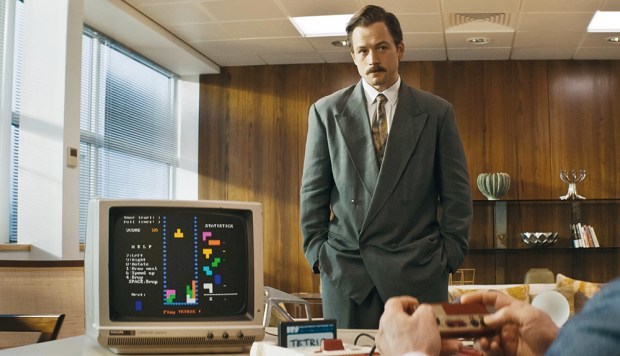
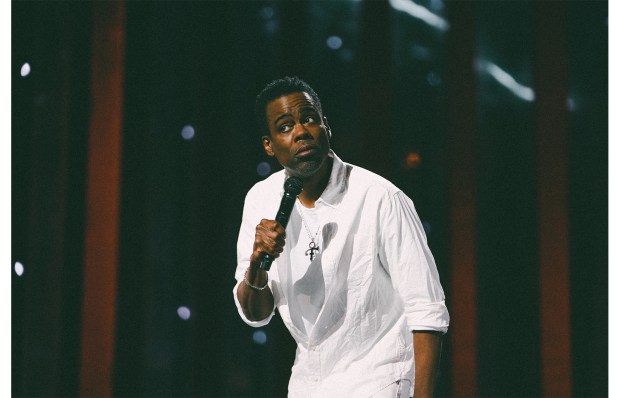

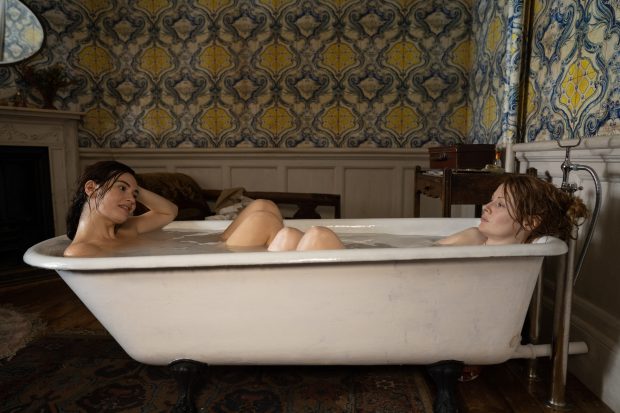
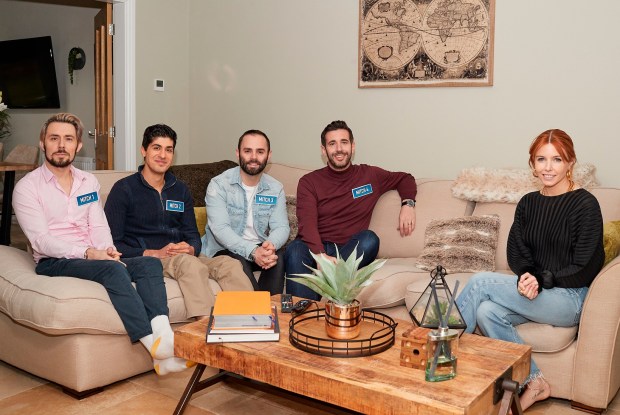






Comments
Don't miss out
Join the conversation with other Spectator Australia readers. Subscribe to leave a comment.
SUBSCRIBEAlready a subscriber? Log in